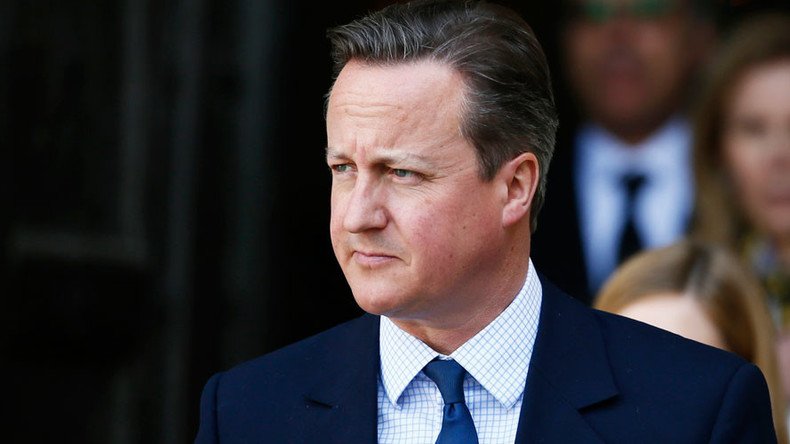Generous or ‘mugs of the world’? 144% rise in UK aid spending enrages Tories

Tory MPs have rounded on Prime Minister David Cameron after new figures revealed British overseas aid spending has rocketed to £13 billion (US$19 billion) per year.
An official government report shows the UK is the only member of the G7 – a collection powerful industrialized nations – to meet the UN’s target of 0.7 percent of gross domestic product (GDP) on aid.
Cameron will be attending this year’s G7 summit, due to start Thursday in Japan, to discuss how rich nations can aid those in the developing world.
However, British MPs have blasted the figures, which show Britain spent £13 billion on overseas development in 2014 alone.
Tory MP Philip Davies told IBT that in the context of austerity the figures made the UK look like the “mugs of the world.”
“The prime minister might think it makes us look compassionate to spend more and more money when we're in debt – to hand it over to some fantastically corrupt countries around the world. I personally think it makes us look stupid,” Davis raged.
Labour’s Shadow Development Secretary Diane Abbott took a different view on foreign aid spending, writing for the Guardian in April. She accused the PM of paying only “lip service” to the UN target, while large amounts of development cash were “skimmed off by the Foreign Office and for military spending.”
Campaigners warn large amounts of aid money often ends up in the hands of private companies as part of a privatization agenda.
In a 2015 report, Global Justice Now warned it had become “boom time for aid-funded businesses.”
“Not only has the commitment to spend 0.7 percent of national income on overseas aid been enshrined in law, but this is happening alongside the growing trend for DfID [Department for International Development] to outsource a greater share of its growing budget,” the charity warned.












